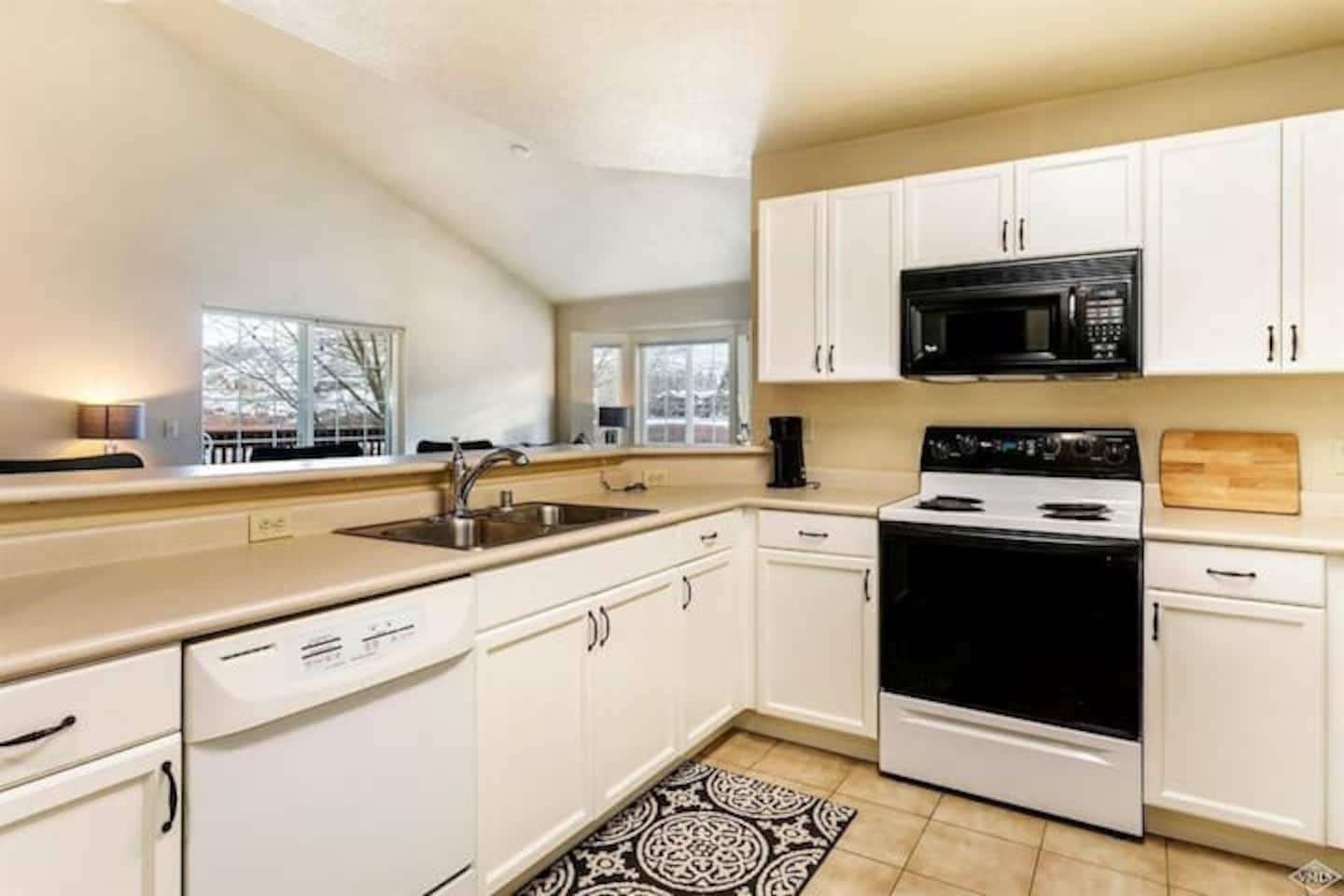
From home to rental: Tips to make your house a rental property
Roughly 29.8 million Americans reported living in a different home in 2020, according to the U.S. Census Bureau. If you’re ready for a new home, turning your existing home into a rental property is an option. Before you make a decision, ensure you fully understand what’s involved to make your long-term rental profitable.
Check the Feasibility
Your mortgage is for your primary residence and often requires you to live there for one or two years. Turning it into a rental sooner could cause issues with your lender. Find out if you can get approved for another mortgage for your new home while owning your current one. If you’re part of a homeowner’s association, verify that it allows you to rent out your home.

What Makes a Property Profitable?
Some features of profitable rentals are out of your control if you already own the house, including the location, climate, and schools. Other things you can change, such as the home’s security, the condition of the house, the parking arrangements, and the design of kitchens and bathrooms.
Are You Landlord Material?
Being a landlord requires a large time and financial investment. You’re responsible for all repairs, which could be major and expensive. Make sure you can financially cover any issues that may arise.
If time is an issue, you don’t have to be a full-time landlord. Property management companies like Peak Property Management will find tenants, collect rent, and schedule regular maintenance and repairs for you so you can have peace of mind knowing your investment is protected.
Repairs and Updates to Make
Establish your budget, and prioritize repairs. Start with necessary repairs to make the home livable and safe, such as a new roof. Consider what would make the rental more appealing, including new paint or outdoor living space. Boosting curb appeal can help attract more potential tenants.
Getting the Right Insurance
Homeowners insurance typically only covers your property if you’re living in it. When you rent it out, you need landlord insurance. It typically covers property, including the dwelling, any structures, and your personal belongings that you use for property upkeep. It also provides liability coverage if someone gets hurt.
Finding Good Tenants
Calculate a fair rent to attract tenants in that price range. A general guideline is to charge a percentage of the home’s value, usually 0.8% to 1.1%, according to SmartAsset. When advertising apartments in Denver, for example, include criteria, such as no smoking or a minimum lease term, to weed out people who don’t want to comply. Some listing sites will also let you post video and 3D tours. Review the Fair Housing Act to ensure you follow the requirements with your criteria and screening process. Screen potential tenants by asking for references and running background and credit checks.
Setting Up an LLC
Creating a limited liability company (LLC) for your rental property protects your personal assets and can also improve your tax situation. Each state sets its own business registration laws, but you’ll need to file articles of organization at least to form the entity.
Create a Profitable Rental
Being strategic helps you turn your home into a profitable rental. When it’s time to protect your investment, work with Peak Property Management!
Image via Pexels
